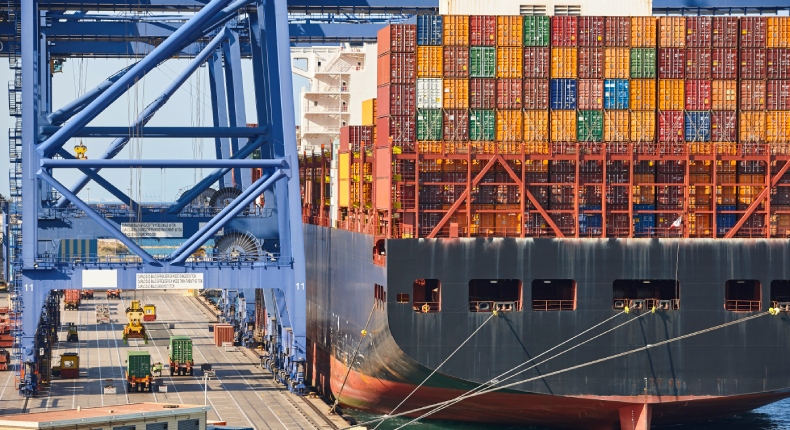Information
Legal information
CERTIFICATIONS




Funded by


In the realm of textile logistics, where every second is crucial and productivity is the key to success, having a trustworthy logistic outsourcing provider can make all the difference. But what does this service truly entail, and how do you select the right provider? In this article, we delve deep into the concept of a logistic outsourcing provider and offer valuable tips for choosing the best candidate.
Índice de contenidos
ToggleA logistic outsourcing provider is a specialized entity entrusted with managing one or more logistical functions of a company, such as inventory management services, storage, transportation, distribution, among others.
By outsourcing these operations, companies can focus on their core activities, reduce costs, enhance service quality, and leverage the expertise and infrastructure of a specialized third party.
Choosing the right logistic outsourcing provider is a decision that can determine whether you lead the market or lag behind. The complexity and fluctuating demands of the textile industry necessitate not only operational performance but also a deep understanding of the sector and the ability to adapt to rapid changes and fluctuating market demands.
In this regard, it is fundamental to follow a series of tips to ensure the selection of the logistic services provider that best fits the company’s requirements.
Before embarking on the search for a logistic services provider, it is crucial to conduct a thorough evaluation of the unique needs of your company in the context of textile logistics.
From inventory management to product distribution, every aspect of the supply chain must be scrutinized to identify areas for improvement and determine which services should be outsourced to improve performance and profitability.
The logistics of the textile industry present specific challenges that require specialized experience and knowledge.
Seek a provider with extensive experience in the textile sector, understanding the unique complexities of working with textile products. This includes managing short product life cycles, maintaining high-quality standards, and adapting to seasonal demand fluctuations.
Ensure that the selected provider has the operational and technological capabilities necessary to address the specific challenges of textile logistics.
From storage infrastructure to information and tracking systems, it is essential for the provider to have the appropriate tools and technologies to ensure efficient inventory management and timely product delivery.
In such a dynamic sector, the strategic location of the provider’s facilities and their geographical reach can significantly affect the speed and effectiveness of delivery.
Choose a provider with a well-established distribution network that can reach key markets in a timely and efficient manner, both nationally and internationally.
Before making a final decision, conduct thorough research on the provider’s reputation and track record in the textile sector.
Seek direct references from other clients in the industry and request testimonials endorsing service quality, compliance with delivery deadlines, and the provider’s ability to adapt to the specific needs of the textile sector.
Clear and transparent communication is crucial for successful collaboration with a logistic services provider.
Ensure that the provider is willing to maintain open and constant communication, providing regular updates on shipment status, inventory availability, and any issues or changes in logistics planning.
The ability to adapt to changing market needs and respond quickly to unforeseen situations is crucial in textile logistics.
Look for a provider that demonstrates flexibility and adaptability to adjust to changes in demand, production issues, or any other challenges that may arise during the execution of logistic services.
In conclusion, choosing the right logistic services provider is a fundamental step in ensuring the productivity and competitiveness of a company. There are many reasons to outsource logistic services; by doing so, companies can focus on their core business and leverage the expertise and infrastructure of a specialized partner. However, this process requires careful evaluation and selection.
By following these tips and conducting thorough research, companies can choose a logistic outsourcing provider that not only meets their expectations but also contributes to the continued success and growth of their business.
Information
Legal information
CERTIFICATIONS




Funded by


